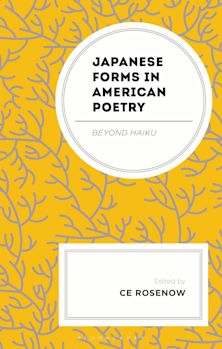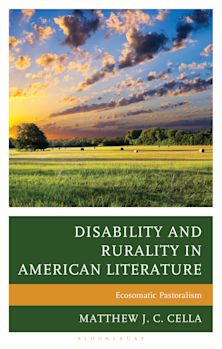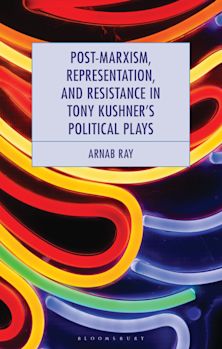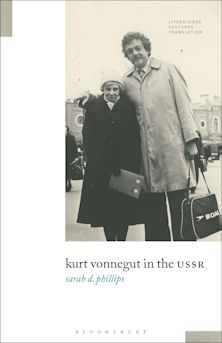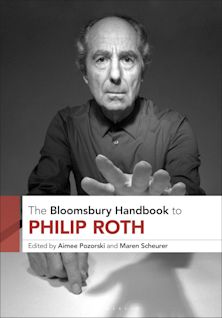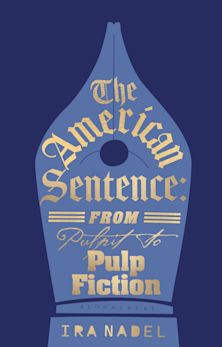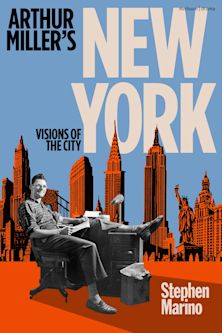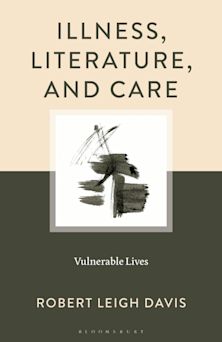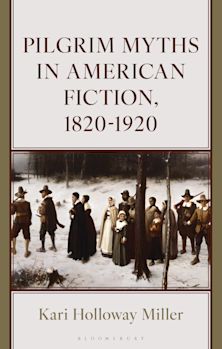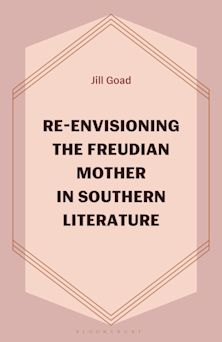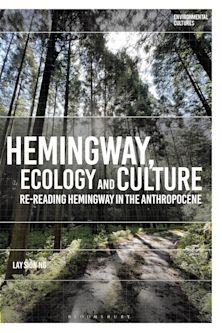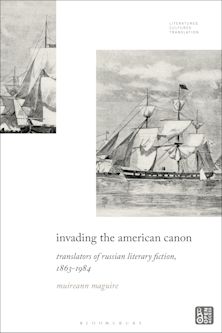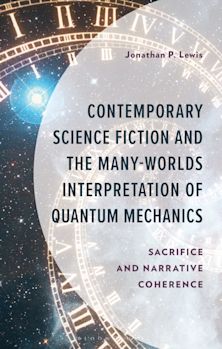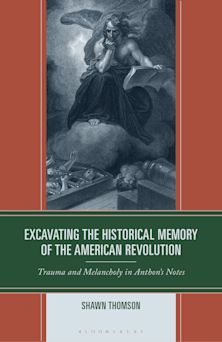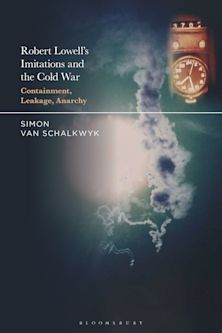- Home
- ACADEMIC
- Literary Studies
- North American and Caribbean Literature
- Portuguese Literature and the Environment
Portuguese Literature and the Environment
Victor K. Mendes (Anthology Editor) , Patrícia Vieira (Anthology Editor) , Inês Amorim (Contributor) , Vincent Barletta (Contributor) , Kathryn Bishop-Sanchez (Contributor) , Maria João Dodman (Contributor) , Isabel A. Ferreira Gould (Contributor) , Michael Marder (Contributor) , Adriana Martins (Contributor) , Victor K. Mendes (Contributor) , Adriana Veríssimo Serrão (Contributor) , Viriato Soromenho-Marques (Contributor) , Estela Vieira (Contributor) , Patrícia Vieira (Contributor)
Portuguese Literature and the Environment
Victor K. Mendes (Anthology Editor) , Patrícia Vieira (Anthology Editor) , Inês Amorim (Contributor) , Vincent Barletta (Contributor) , Kathryn Bishop-Sanchez (Contributor) , Maria João Dodman (Contributor) , Isabel A. Ferreira Gould (Contributor) , Michael Marder (Contributor) , Adriana Martins (Contributor) , Victor K. Mendes (Contributor) , Adriana Veríssimo Serrão (Contributor) , Viriato Soromenho-Marques (Contributor) , Estela Vieira (Contributor) , Patrícia Vieira (Contributor)
You must sign in to add this item to your wishlist. Please sign in or create an account
Description
Portuguese Literature and the Environment explores the relationship between Portuguese literature and the environment from Medieval times to the present. From the centrality of nature in Medieval poetry, through the bucolic verse of the Renaissance, all the way to the Romantic and post-Romantic nostalgia for a pristine natural or rural landscape under threat in the wake of industrialization, Portuguese literature has frequently reflected on the connection between humans and the natural world. More recently, the postcolonial turn in contemporary literature has highlighted the contrast between the environment of the former colonies and that of Portugal.
Contributors to the collection examine how Portuguese writers engage with the environment and have incorporated nature in their texts not only to prompt social, political or philosophical reflections on human society, but also as a way to learn from non-humans.
The book is organized into three sections. The first explores the relationship between Portuguese philosophy, historiography, culture, and environmental issues. The second section discusses the link between literary texts and the environment from the Renaissance to 1900. The final section analyzes the connection between literary movements or specific authors and environmental change from 1900 to today. Scholars of literature, Latin American studies, literature, and environmental studies will find this volume especially useful.
Table of Contents
Chapter 1. A Portuguese Approach to the Environmental Crisis
Chapter 2. Environment, Nature and Landscape: Conceptual Affinities and Distinctions in the Portuguese Context
Chapter 3. Inter-, Multi- and Trans-Disciplinarity: New Horizons for Portuguese Environmental History
Chapter 4. Elemental Portugal
Chapter 5. “Songs of Stance”
Chapter 6. Portuguese Environmental Perceptions of Brazil in the Sixteenth Century
Chapter 7. Nature’s Literary Lessons: Júlio Dinis on Literature and the Environment
Chapter 8. “On Borrowed ‘Women’s Time’: Ecological Female Bodies and the Re-Engendering of Nature in Eça de Queirós’s A Cidade e as Serras”
Chapter 9. Hunters of Empire: João Teixeira de Vasconcelos’s Colonial Memoirs of African Hunting
Chapter 10. Environmentalizing Fernando Pessoa's Modernism
Chapter 11. The Posthuman Poetry of Sophia de Mello Breyner Andresen
Chapter 12. The Environment and José Saramago’s Literary Program in Journey to Portugal.
In Pursuit of Portugal’s History and Culture
Product details
| Published | 03 Jun 2019 |
|---|---|
| Format | Ebook (Epub & Mobi) |
| Edition | 1st |
| Extent | 244 |
| ISBN | 9781498595384 |
| Imprint | Lexington Books |
| Publisher | Bloomsbury Publishing |
About the contributors
Reviews
-
Mendes and Vieira have collected 12 essays on Portuguese authors and the presence and influence of environmental features in their works. Ranging from medieval lyrical poetry to 19th- and 20-century authors, the collection includes essays on Júlio Dinis (1839–71), Eça de Queirós (1845–1900), Fernando Pessoa (1888–1935), Sophia de Mello Breyner Andresen (1919–2004), and José Saramago (1922–2010). Two essays extend to hunting in colonial Africa and 16th-century descriptions of Brazil by Caminha and Gandavo. As the introduction notes, environmental research is still in its initial stages, lacking clear distinctions between images of nature, features of geographical location such as the sea, or images of animals, plants, and landscape in literature. A central question is whether nature, as common literary theme and context, can have an enhanced meaning when recast as environment.
Summing Up: Recommended. Upper-division undergraduates through faculty.Choice Reviews
-
An invitation to read anew many of the works that make up the canon of Portuguese literature, Portuguese Literature and the Environment represents the first concerted attempt to call attention to the ways in which literary representations create as much as are created by the natural environment in the horizon of which they emerge. Framed by brilliant philosophical and historical overviews of the state of the matter in present day Portugal, the ecocriticism that follows urges the question of how the local environment might have had global impact across the ages.
Ana Paula Ferreira, University of Minnesota
-
A tour de force, this volume brings together reflections that span centuries and a marvelous range of materials. The critical approaches are as rich and varied as the literatures and environments that they engage. This is a timely and often brilliant book, and it should appeal to readers far and wide.
Bruno Carvalho, Harvard University












